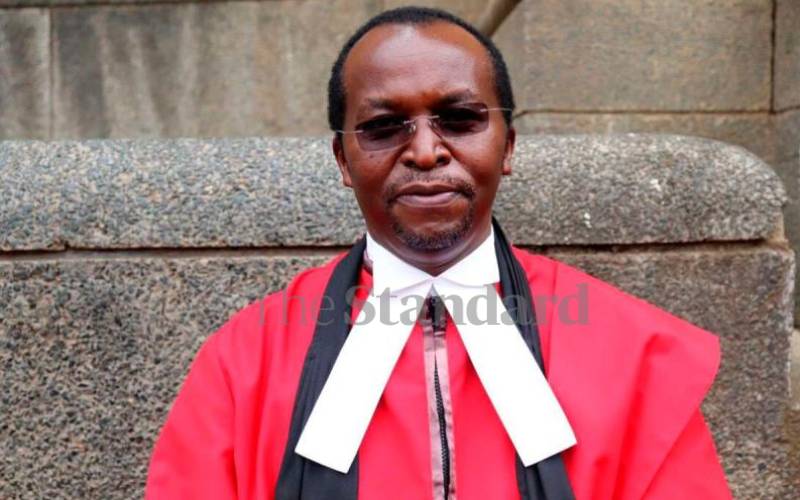×
The Standard e-Paper
Smart Minds Choose Us

The stage is set, the players have taken their positions and the referees are at hand to determine what could be the mother of all court battles this year.
That is the case of the Building Bridges Initiative (BBI) set to start today at the Court of Appeal, with all eyes on the seven appellate judges who will determine whether the country will proceed to a referendum or uphold an earlier High Court decision that scuttled the process.